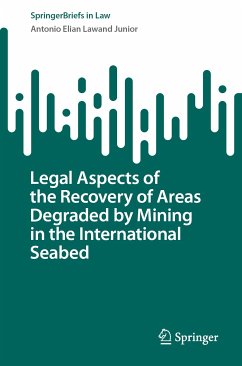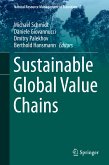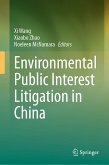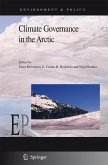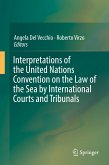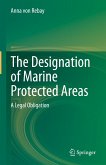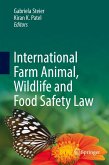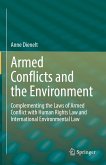The book begins by identifying and explaining the legal norms that allow mining in these areas and the rights and obligations in mining exploitation concomitant to other uses of them, based on an analysis of mining operations' duty of Recovery of Degraded Areas. It reveals an antinomy in international law, namely the compatibility of degraded areas and their various present and future uses with the mining of the international seabed.
The freedom to mine these areas could destroy the least impacted biome on the planet and undermine the international law system represented by the Cultural Heritage of Mankind and the Third United Nations Convention on the Law of the Sea ("UNCLOS III"). Recovery of Degraded Areas is anobligation in mining and, as such, requires structural changes in the reading of UNCLOS III; recognizing international roles other than those related to sovereignty; projecting the law into the future; and rereading it in light of international environmental law and its instruments.
Dieser Download kann aus rechtlichen Gründen nur mit Rechnungsadresse in A, B, BG, CY, CZ, D, DK, EW, E, FIN, F, GR, HR, H, IRL, I, LT, L, LR, M, NL, PL, P, R, S, SLO, SK ausgeliefert werden.

